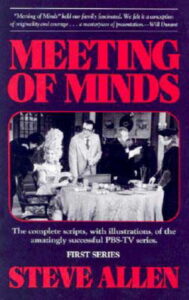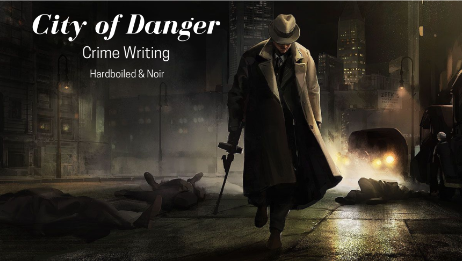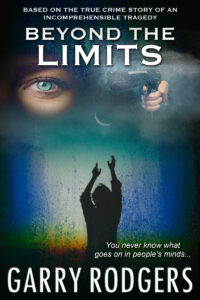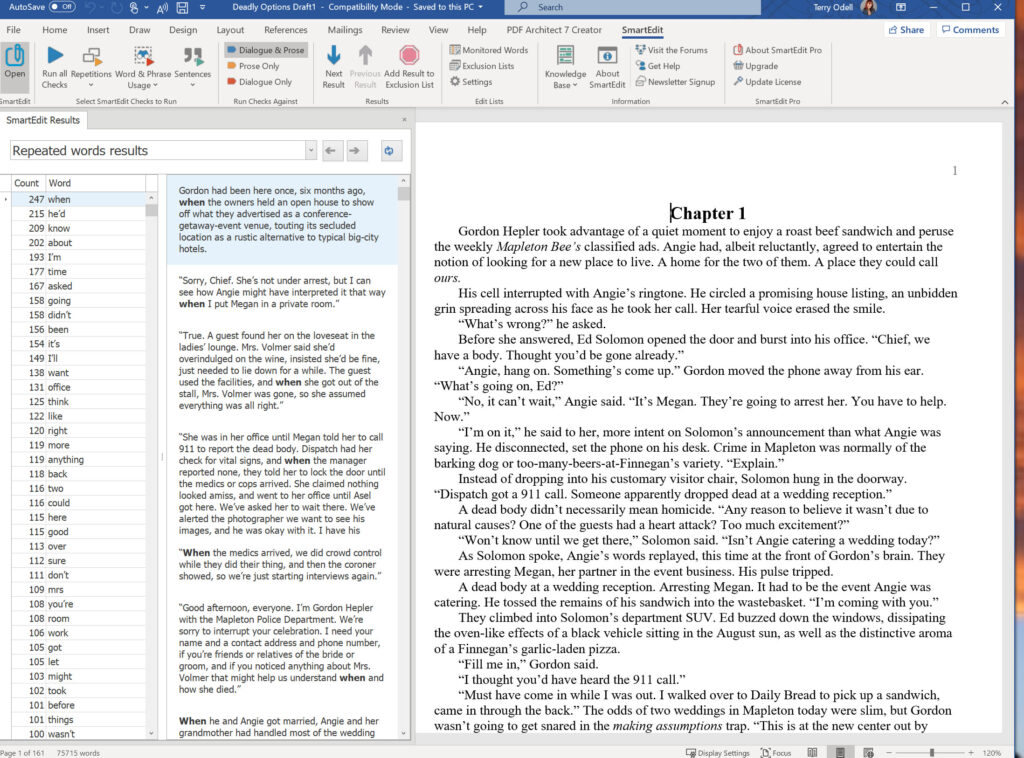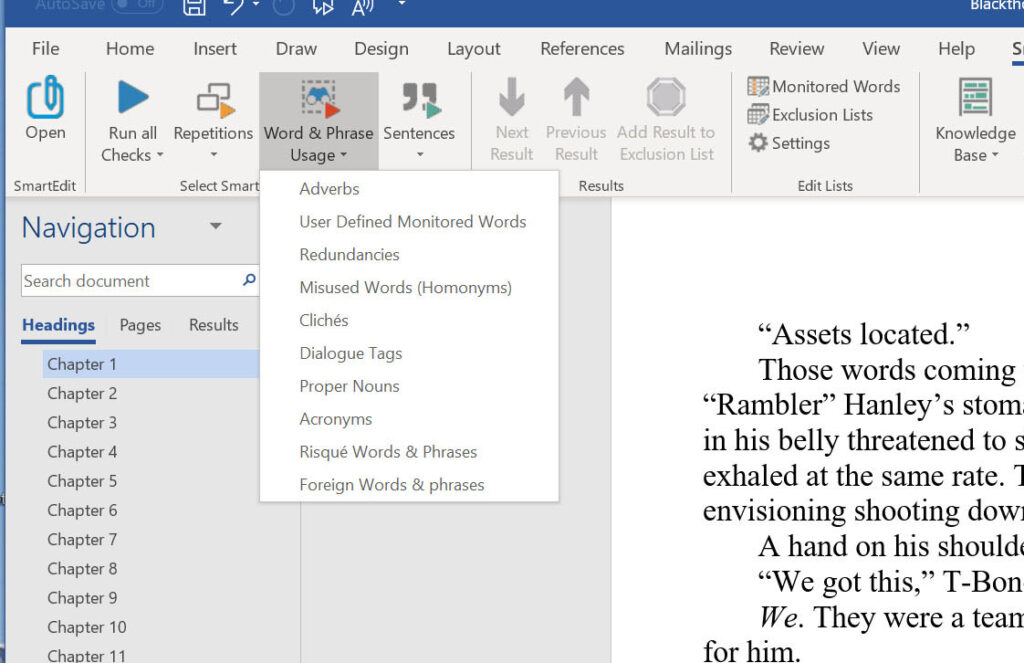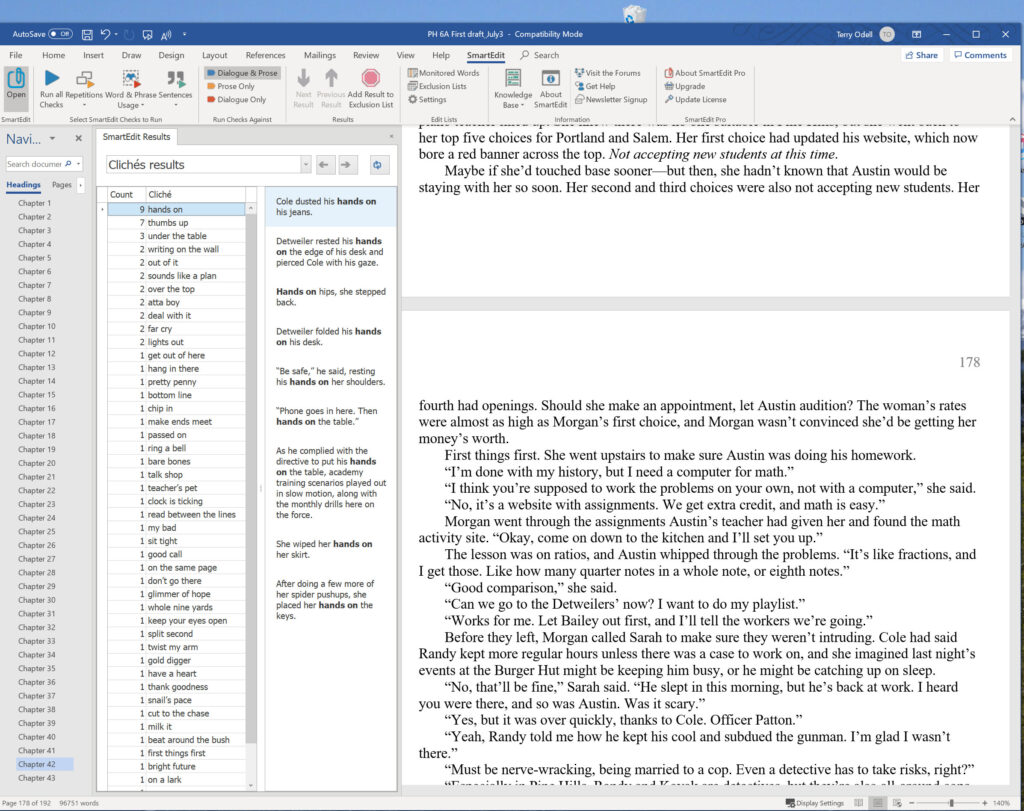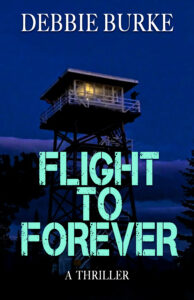by James Scott Bell
@jamesscottbell
 Here’s a first page up for critique. Put on your muskrat-fur ushanka and join us in the bowels of Moscow’s busy transit system. And watch your back.
Here’s a first page up for critique. Put on your muskrat-fur ushanka and join us in the bowels of Moscow’s busy transit system. And watch your back.
***
Death was close, following him like a ghost’s lingering presence.
District court judge Konstantin Reznikov felt it deep in his bones as he rushed along the platform of Komsomolskaya metro station. He clutched his briefcase like his life depended on it. And in a way it did. If he could pass the evidence to the man he was meeting, he might live to see another day.
People were swarming into the station from all sides that early Monday morning and there was barely enough room to put one foot in front of the other. A stranger’s warm breath grazed his neck and frozen fingers brushed his hand—the one holding the briefcase. He shuddered as a chill coursed through his body. Ignoring the angry protests as he pushed through the crowd, Konstantin searched for his contact. All he’d been able to find were some old newspaper photos, but he couldn’t have changed much.
“Damn it,” he muttered when a train entered the station and more people flooded in. Right then and there, he hated the Russian subway system and its 1 minute time-lapse between trains during rush hours. As the sound momentarily deafened him, he hated himself even more for choosing this place as the rendezvous point.
Komsomolskaya metro station was one of the busiest stations in Moscow. Even tourists came to visit due to its breathtaking architecture. Once upon a time, when he’d been a student from the province coming to attend law school, he’d been one of these awed people. But that was long before cynicism and corruption rotted away his innocence. For so long he’d been unable to live with himself, but this last case was too much. He couldn’t turn a blind eye to this one too.
Ironically, the theme of the station’s eight large ceiling mosaics was the historical Russian fight for freedom and independence. Maybe that’s why his subconscious had chosen this particular place. Maybe this was his attempt to fight and rebel against the system that had trapped him for years in a golden cage adorned with money and accolades.
There it was again: malevolent eyes boring into his back. His time was running out and the man was nowhere to be found.
Inhaling deeply, steeling himself, Konstantin stopped next to the escalator, clutching the banister until his knuckles turned white and looked around once more. Finally, he saw him.
***
JSB: This is good fodder for a grabber of an opening page. I love the uniqueness of the setting and the description of it. And what’s not to like about a Russian judge in the grip of an opening disturbance of the most basic sort—life and death? The writing is cinematic. I can see this on the big screen. Brian Cox as Konstantin.
So let’s do some editing.
Death was close, following him like a ghost’s lingering presence.
There’s nothing really wrong about this opening line. It acts like a teaser for the scene to follow. That’s a technique many a writer has used before. For example, Ken Follett in The Pillars of the Earth:
The small boys came early to the hanging.
So it’s fine as is, but I’ll suggest an alternative for future reference. Instead of telling us in narrative what’s about to unfold, just start off with the unfolding:
District court judge Konstantin Reznikov rushed along the platform of Komsomolskaya metro station. He clutched his briefcase like his life depended on it. And in a way it did. If he could pass the evidence to the man he was meeting, he might live to see another day.
In this way, you drop the reader into the story in medias res—into the action itself.
He shuddered as a chill coursed through his body.
Two descriptions, side by side, of the same thing dilute the overall effect. Sol Stein called this the “1 + 1 = 1/2” mistake. I would go with shuddered. Chills coursing through bodies or up spines is a cliché.
All he’d been able to find were some old newspaper photos, but he couldn’t have changed much.
This needs more clarity. The pronoun he is used twice in the sentence, but applied to different people, so it slows us down (we recently discussed the importance of grammar, and this is a good example of the need). Put in another sentence or two about when and where this research was done, and a line explaining why this person “couldn’t have changed much.” People change their appearance all the time, often instantly, if they don’t want to be recognized, etc.
“Damn it,” he muttered when a train entered the station and more people flooded in. Right then and there, he hated the Russian subway system and its 1 minute time-lapse between trains during rush hours. As the sound momentarily deafened him, he hated himself even more for choosing this place as the rendezvous point.
I’m not getting why he would choose this place if he hated it so much. Later you say it might be his “subconscious.” That’s a little hard to buy considering this man is a judge who seems careful about planning things out, and knows that what he’s doing could get him whacked.
Also, as a general rule, spell out numbers under ten. And don’t hyphenate time lapse, as I believe that always refers to time-lapse photography. Thus: … Russian subway system and its one-minute time lapse between trains…
For so long he’d been unable to live with himself, but this last case was too much. He couldn’t turn a blind eye to this one too.
Another confusing sentence. If he’d been unable to live with himself, then this last case really didn’t push him anywhere. I’d suggest this fix: For so long he’d been fighting to live with himself, but…
Ironically, the theme of the station’s eight large ceiling mosaics was the historical Russian fight for freedom and independence.
This sounds a bit too author-ish. Almost like a line out of an essay. I do like the detail here, so filter it through the character. Something like:
For a moment he looked at the eight large ceiling mosaics depicting Russia’s historical fight for freedom and independence. He choked on the bitter irony, trapped as he was in a golden cage adorned with money and accolades.
There it was again: malevolent eyes boring into his back. His time was running out and the man was nowhere to be found.
Here, I think, is a good place to do some stretching of the tension. That is, whenever you have a suspense situation, do not resolve it too soon. In fact, in a first draft, overwrite these scenes. You can always trim them later. But the more skilled you become at tension stretching, the more you’ll be writing what all us scribes are after—a page turner (or page swiper or page clicker, as the case may be nowadays).
So instead of telling us Konstantin’s time is running out, show us. Instead of a feeling of “malevolent eyes,” give us more to see on the page, like Konstantin spinning around, desperately looking for his stalker. Maybe spotting one who might be him! Approaching! But then the guy jumps on a train, or just walks by. Etc.
Inhaling deeply, steeling himself, Konstantin stopped next to the escalator, clutching the banister until his knuckles turned white and looked around once more.
The POV police will let you off with a warning this time, but watch it from now on. We are in Konstantin’s POV, so he is not looking at his white knuckles (in any event, the cliché squad will come after you, too). But he can feel his knuckles. (Note, escalators have handrails; stairways have banisters). Thus: …clutching the handrail until his knuckles ached…
Finally, he saw him.
I would definitely turn the page. But I get the feeling the scene (a prologue?) is soon to end, with Konstantin getting iced. Maybe not. Maybe this is our lead character. Assuming for the moment he is not, let me leave you with a suggestion about using strategic backstory.
This scene could go on for two, three, maybe more pages. You could stretch the tension with added beats, but also drop in Konstantin’s internal thoughts and more details about his backstory. Does he have family? How did he get put in the gilded cage? Does he have hope for the future?
What this does is build up empathy and even a little sympathy. We as readers get more invested in this character. So if he does indeed get sent to the marble orchard we’ll feel some emotion. And that is the key to popular fiction, after all—it is primarily an emotional ride.
To see how a master stretches tension with strategic backstory in what is essentially a prologue, and creates sympathy for a character who is being stalked, have a look at the opening of Dean Koontz’s Midnight (below).
Again, writer, good setting and situation. I hope these notes and the comments to follow help you on your scribal journey. Keep writing!
***
Click “Preview” to read the Koontz opening.


